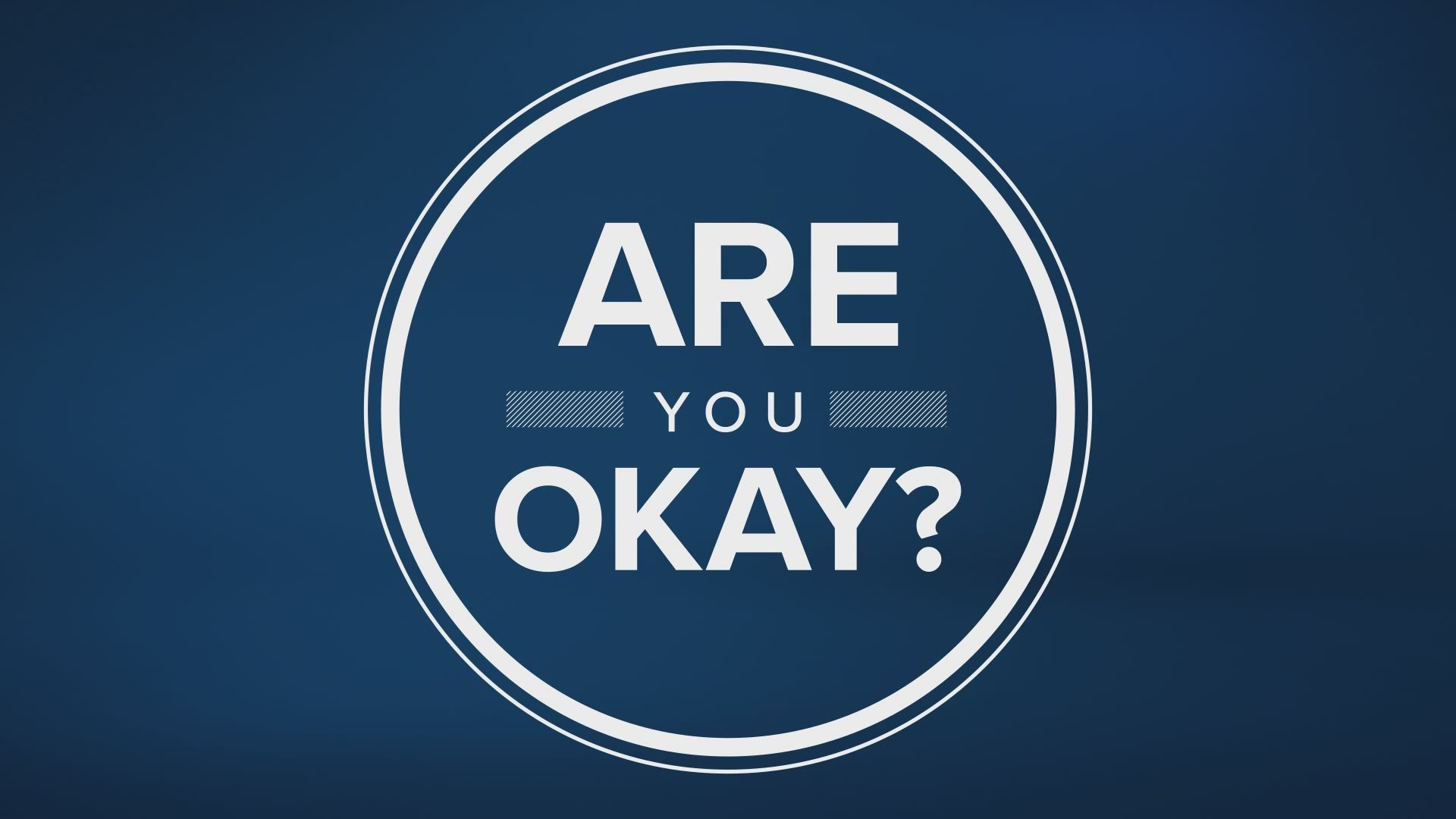SEATTLE — We’re all adapting to a new normal as we emerge from the pandemic, and things look different. We're dealing with questions like should I wear my mask to the park? Am I socially-distanced enough? Do I take that trip? Go to that wedding? What about gyms?
Dr. David Johnson from the MultiCare Behavioral Health Foundation shares ways to manage all the changes in our lives and how to support each other, too.
Constant adjustment and exhaustion
Feeling exhausted by all of the adjustment being demanded of us makes sense, according to Johnson. But, he said you don’t have to let your feelings become overwhelming.
Johnson recommends:
- Allow yourself to be quiet. Gain awareness of what you are feeling. You can use a technique called 'rational detachment' to help process any stress. First, recognize your feelings. Then, decide if you want to invest in them or let them pass. There is no wrong decision here. Just being aware is enough.
- Identify positive signs. Things are getting better. Name the actions and indicators that you see, hear and notice. Think about the things you can do now that you could not do a year ago. Enjoy your returning freedoms.
- Remain mindful of yourself and others. There is no need to throw caution to the wind. Consider what’s safe, where you have some boundaries, and what you are ready to try next. Then, take action and have some fun.
Navigating new freedoms with family & friends
Family and friends may navigate pandemic emergence in different ways. Johnson explained it’s important to be mindful and careful with each other. Remember, we may have different ideas about what’s okay, and it’s important to be polite, kind and respectful.
First, Johnson recommended talking ahead of time and making agreements about how things should work. Perhaps you’ll agree to gather outdoors, or you’ll agree masks will be worn indoors. You might make accommodations in your plans if non-vaccinated, non-fully vaccinated or young children, or especially vulnerable people, will be present.
Find points you can connect on and agree. These days, most people are interested in speaking openly and want to be considerate.
Next, Johnson said you should expect behavior, including your own, to shift gradually. Maybe you’re not ready to go to a dinner party inside, but you might meet another vaccinated friend for coffee on a café patio. Enjoy the steps.
Johnson reminded us there is no reason to rush. Relishing moments is good for your mind and allows you to let go of some of the stress you experienced during the pandemic.
Finally, Johnson said we should expect some permanent cautionary measures. The pandemic changed our thinking in a number of ways. It is likely we will use what we have learned. For example, all in-person medical care will probably be done with mask-wearing, from now on, even after this pandemic is over.
Experiencing grief related to the pandemic
We all lost something in the pandemic, and Johnson reminded us that grief is a process and may affect us at different times.
There are many of us who lost loved ones to COVID-19. The death of someone you love can be profound in its impact, and it may stay with you, in some ways, always. Johnson said to honor yourself and others by allowing the grief process to occur.
Others lost jobs. Many in the restaurant industry lost businesses, professions, and livelihoods. We all need to be mindful of the unequal ways the pandemic has affected us. Many of us continue to grapple with significant grief. Remaining considerate, kind and compassionate toward others is always a good choice.
And, Johnson said that all of us lost opportunities in the pandemic. Grief over what was lost is to be expected but may not occur on an expected timeline. Johnson said it's best to recognize your grief. Then, he said you can choose whether you need to invest in feeling it, engage in distractions or let the feelings move along.
Johnson said if you are experiencing grief that doesn’t seem to subside, it might be time to seek out support from a mental health counselor.
Mentally moving forward
Going forward, Johnson said delayed gratification will continue to be a theme.
He recommended we view this as a gift, finding joy in the many simple pleasures that are returning. Enjoy walks in your neighborhood without a mask and the way the breeze feels against the skin on your face. Anticipate the pleasurable moments you’ll share reconnecting with friends in person or at small gatherings with loved ones.
And, Johnson said, you might feel lonely at times. This is part of adjusting to a new chapter in life. So, he said just being aware, and not surprised when feelings strike, can really help you process them and move forward.
Finally, Johnson said if you started a gratitude practice during the pandemic, keep it up. If you don’t have a gratitude practice, it’s a great time to start one.
Relish each day, despite its challenges. Train your mind to seek out the positive and find the beautiful.

